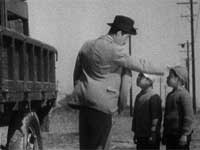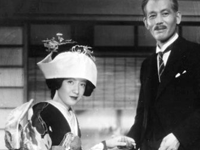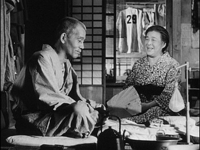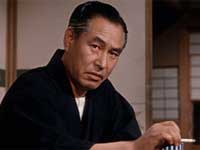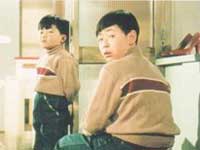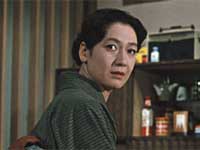TEXTS
Most of the readings will be available as PDF files to students in the class through links in the syllabus above; others can be found in full texts available below.
Readings are taken from the following texts:
David Bordwell, Ozu and the Poetics of Cinema (BFI Publishing, 1988); the Michigan Electronic Reprint also has a new introduction by the author.
Noël Burch, To the Distant Observer: Form and Meaning in the Japanese Cinema (University of California Press, 1979); the Michigan Electronic Reprint also has an original introduction by Professor Harry D. Harootunian.
Gilles Deleuze, trans. Hugh Tomlinson and Robert Galeta, Cinema 2: The Time-Image (Minneapolis: University of Minnesota Press, 1989).
David Desser, Ozu's Tokyo Story (Cambridge: Cambridge University Press, 1997).
Kristin Thompson, Breaking the Glass Armor: Neoformalist Film Analysis (Princeton: Princeton UP,1988).
Robin Wood, Sexual Politics and Narrative Film: Hollywood and Beyond (New York: Columbia University Press, 1998).
Yoshida Kiju, trans. Daisuke Miyao and Kyoko Hirano, Ozu's Anti-Cinema (Ann Arbor: The University of Michigan, 2003).
Mitsuhiro Yoshimoto, Logic of Sentiment: The Postwar Japanese Cinema and Questions of Modernity (Ph.D. diss, UCSD 1993).
The Criterion Collection has valuable information about Ozu and these films available online.
|

